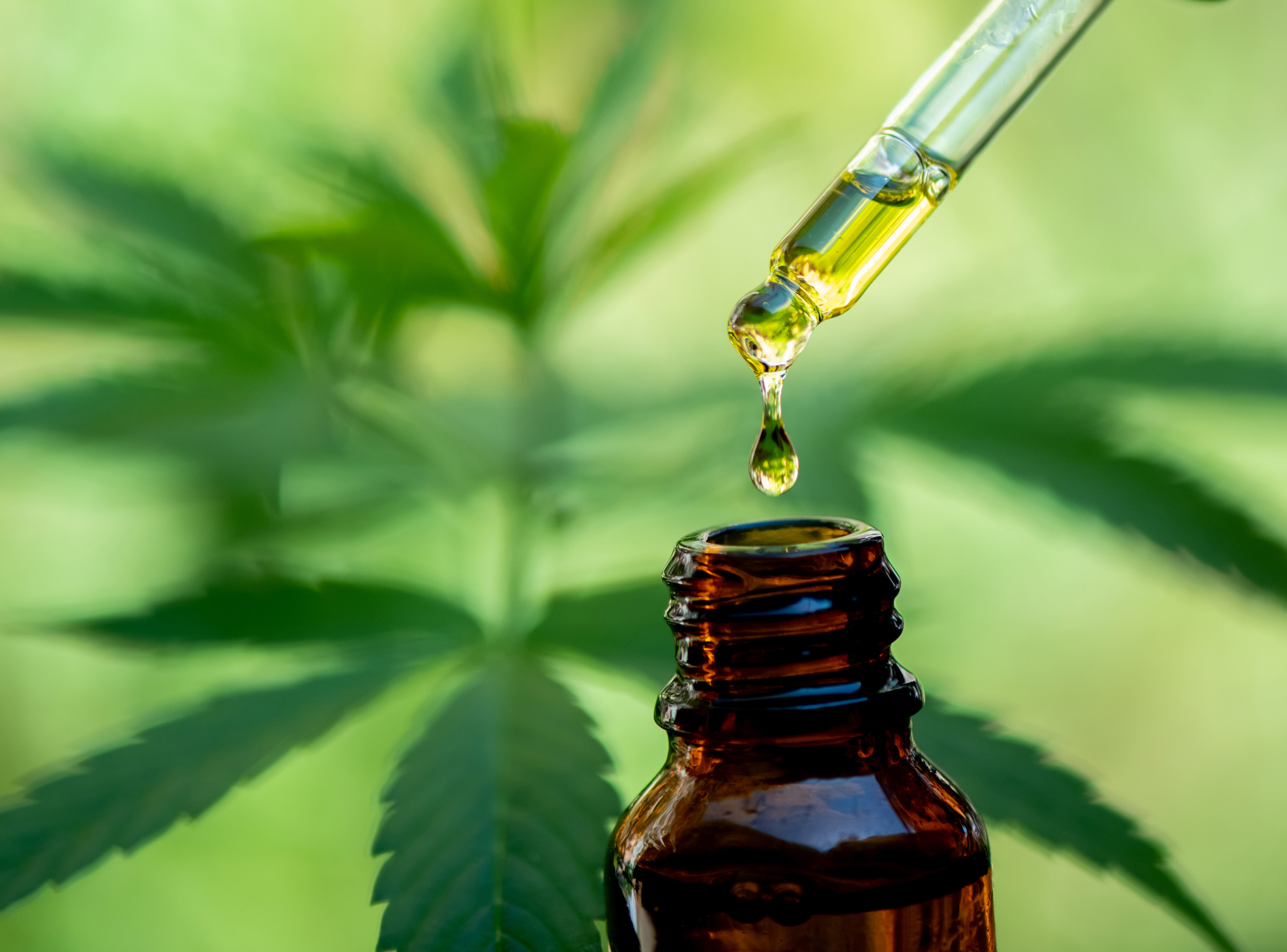 New trial results from an Australian-based bio-pharmaceutical company demonstrate that almost 70% of patients with autism demonstrated improvements while using a medicinal cannabis product.
New trial results from an Australian-based bio-pharmaceutical company demonstrate that almost 70% of patients with autism demonstrated improvements while using a medicinal cannabis product.
Zelira Therapeutics recently published the results of its real-world trial generated from the experiences of 45 Australian patients with autism spectrum disorder.
Dr Meghan Thomas, Vice President of Clinical Programs and Operations at Zelira Therapeutics, Perth, said the results showed that the patients’ CGI ratings consistently improved over time and by five months into the trial, the study cohort were rated by clinicians as having achieved at least moderate therapeutic effects.
A moderate efficacy rating was described as a ‘decided improvement with partial remission of symptoms’ but also with various levels of side effects.
“As the time patients spent on the treatment increased, so too on average did the clinicians rating of CGI Improvement; 67% of patients were rated as “Minimally improved” after 1 month but after 2 months, 50% of patients were rated as “Much improved” and this increased to 75% of patients by 3 months, 80% of patients by 4 months and 100% of patients by 5 months,” Dr Thomas stated.
The specific product trialled, HOPE, was developed in the US from a grassroots partnership with the Autistic community and is an olive oil-based tincture containing a 1:1 THC:CBD ratio with 5mg/mL of THC and 5mg/mL of CBD.
To date, most of the research on the safety and efficacy of medicinal cannabis to treat ASD behaviours has assessed 1:20 THC:CBD ratio products, and in these studies, the typical effective daily dose ranged from 4 – 20mg THC with 45 – 256mg CBD.
Patient data was captured by Emyria through their Emerald Clinics located in Western Australia (West Leederville), Victoria (Balwyn), and New South Wales (Sydney, Alstonville, Goonellabah) using a bespoke data platform.
Dosing information (time of day, amount), demographics, adverse events and concomitant medications were collected.
Of those doctors who prescribed HOPE, the majority (61%) were registered as General Practitioner, followed by Paediatrics and Child Health Specialists (35%) and then Psychiatrists (4%).
The mean age of active patients was 14.1 years of age with the youngest patient being 5.1 years of age and those who did not continue taking the tincture were slightly younger, with a mean age of 8.7 years.
The mean time on treatment for active HOPE patients was 4.8 months with approximately 5.8 dispenses.
Regardless of age (and by inference weight) the 1mL total daily dose was distributed in four 0.25mL doses (1.25mg THC: 1.25mg CBD) given in the morning, afternoon, evening and at bedtime.
Patients went through a dose escalation phase over a 2 – 3-month period before reaching a maintenance phase, where they were predominantly dosing twice a day – in the morning and evening.
The average maintenance dose for children 16 years or younger was 2.5mL (12.6mg THC: 12.6mg CBD) per day, and patients over the age of 18 years had a higher average maintenance dose of 3.6mL (17.9mg THC: 17.9mg CBD) per day.
Zelira Therapeutics Managing Director, Dr Oludare Odumosu, said the results from this longitudinal real-world trial provide prescribers with empirical information and additional confidence in recommending medicinal cannabis products.
“Autism Spectrum Disorder continues to affect the lives of thousands of families in Australia and many more around the world.”
“These results are extremely encouraging in terms of the long-term effectiveness of HOPE, Zelira’s proprietary medicinal cannabis formulation.”

